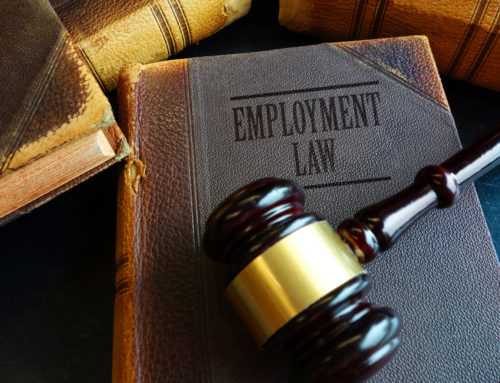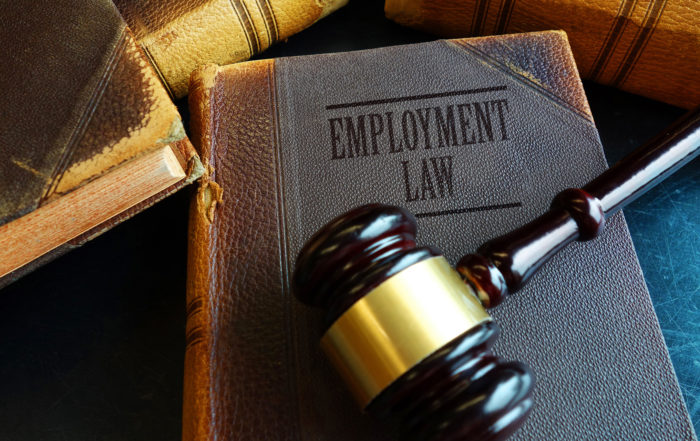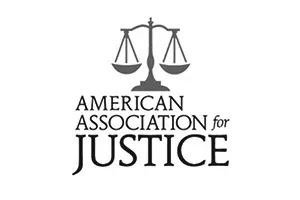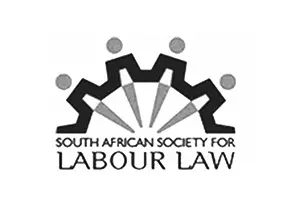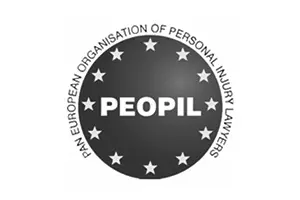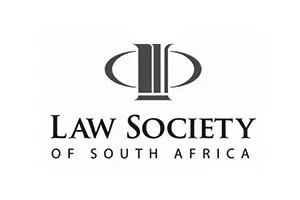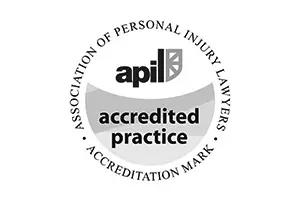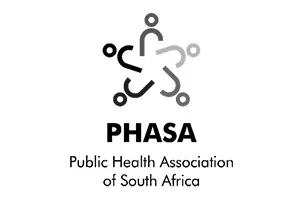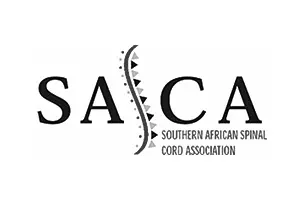
Workplace Bullying in South African Labour Law
Workplace Bullying in South African Labour Law
Currently, South African Labour Law doesn’t expressly define or include workplace bullying in any legislation. The provision which comes nearest to encompass this concept would be Section (6) of the Employment Equity Act 55 of 1998, which states that-
“ (1) No person may unfairly discriminate, directly or indirectly, against an employee, in any employment policy or practise, on one or more grounds, including race, gender, sex, pregnancy, marital status, family responsibility, ethnic or social origin, colour, sexual orientation, age, disability, religion, HIV status, conscience, belief, political opinion, culture, language and birth.
(2) It is not unfair discrimination to –
(a) Take affirmative action measures consistent with the purpose of this Act; or
(b) Distinguish, exclude or prefer any person on the basis of an inherent requirement of a job.
(3) Harassment of an employee is a form of unfair discrimination and is prohibited on any one or a combination of grounds of unfair discrimination listed in subsection (1).”
It can be directly inferred from these provisions that ‘workplace bullying’ forms part of the concept of ‘harassment’. The CCMA had developed ‘information sheets’ [1] which state that ‘harassment’ in the workplace also extend to-
- Bullying;
- Spreading malicious rumours;
- Insulting persons;
- Degrading, or picking on, another;
- Exclusion or victimisation;
- Unfair treatment;
- Unwelcome sexual advances and/or gestures;
- Making unsubstantiated threats about job security;
- Undermining a competent worker by means of overloading or constant criticism; or
- Intentional blocking of promotion or training opportunities.
In this instance, the CCMA took on the role of developing the legislator’s intention as to include ‘workplace bullying’ as a form of ‘harassment,’ which is acknowledged and protected under the current legislation. It can thus either take on the form of physical, emotional or verbal harassment.
Now that it is established that workplace bullying indeed forms part of the broader legislation, one has to determine how it is specifically classified within the scope of protected rights. Case law and CCMA Awards had managed to classify this form of harassment as cases of either unfair discrimination or unfair dismissals, based on how far the harassment had progressed. [2]
In the recent case of Mkhize and Dube Transport [3] the Commission found that it would always have jurisdiction to entertain an unfair discrimination/dismissal dispute based on bullying, victimisation or harassment, and if it remains unresolved, the following arbitration would have to be held at the Labour Court. These two institutions thus have exclusive jurisdictions to entertain such disputes.
Regarding the process, once harassment is present, the CCMA advises that one ought to take notes and keep an adequate record of every instance of alleged bullying. This will be vital as to prove the allegations. Generally, it is advisable that the person affected confront the harasser directly in the presence of a witness, to cease the harassment immediately. Should this not suffice, the normal grievance procedures, as stipulated in unique company policy, should be followed. If there is a reluctance to pay due attention to the alleged harassment, an aggrieved employee may also contact their union or employee’s organisation to attempt to address the dispute with the employer directly.
It is thus evident that although the legislator had not expressly named/defined ‘workplace bullying’ in the current legislation, the forums entertaining labour disputes had acknowledged and developed such a concept to form part of the broader term of harassment.
References:
[1]Harassment Info Sheet CCMA-I832-2018-01 www.ccma.org.za/advice/Information-sheet[2] See Simmadari v ABSA Bank Ltd (2018) 39 ILJ 1819 (LC) where the Labour Court determined that referrals based on unfair discrimination and unfair dismissals are not mutually exclusive, as the discrimination could lead to an automatically unfair dismissal as a result of the harassment.
[3] Mkhize and Dube Transport (2019) 40 ILJ 929 (CCMA).
The current position on objections to the con/arb process
Con/arb process - The Commission for Conciliation, Mediation[...]
Out of time? Think again – The CCMA and its rules
By Lara Keil (Candidate Legal Practitioner) under the[...]
RAF’s lodgement requirements: Claimants further prejudiced
By Lara Keil (Candidate Legal Practitioner) under[...]



